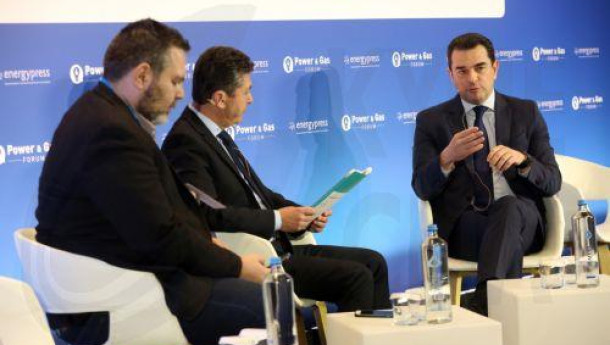
Until the completion of the energy transition, natural gas reserves in the Southeastern Mediterranean region can serve as a transitional solution to the EU's dependency on Russian natural gas, stated Dr. Andreas Poulikkas, President of the Cyprus Energy Regulatory Authority (CERA).
He was speaking during the Hydrogen & Green Gases Forum held last week in Athens where he was the keynote speaker in the session titled "European Policies for the Promotion of Hydrogen and Renewable Gases,". Dr. Poulikkas addressed the challenges of using more hydrogen in energy systems and how Cyprus could become climate-neutral.
A CERA press release said that he told the forum that countries in the southeastern Mediterranean, including Cyprus, can take the lead in the hydrogen economy, become climate-neutral, and simultaneously become exporting countries of sustainable energy to the EU.
Noting that hydrogen is an energy carrier that offers the opportunity to address energy supply issues, the reliability of renewable energy sources, climate change, and atmospheric pollution faced by countries, he said that the attractiveness of hydrogen lies in its ability to replace the use of fossil fuels in heating, cooling, transportation, and electricity generation, with its only emission being water vapour.
On how Cyprus could become climate-neutral, Dr. Poulikkas underlined the need for regional cooperation since the energy resources of the southeastern Mediterranean present a combination of natural gas deposits and renewable energy sources. This combination constitutes the region's comparative advantage, he remarked, adding that until the completion of the energy transition, natural gas reserves in the southeastern Mediterranean region can serve as a transitional solution to the EU's dependency on Russian natural gas, he added.


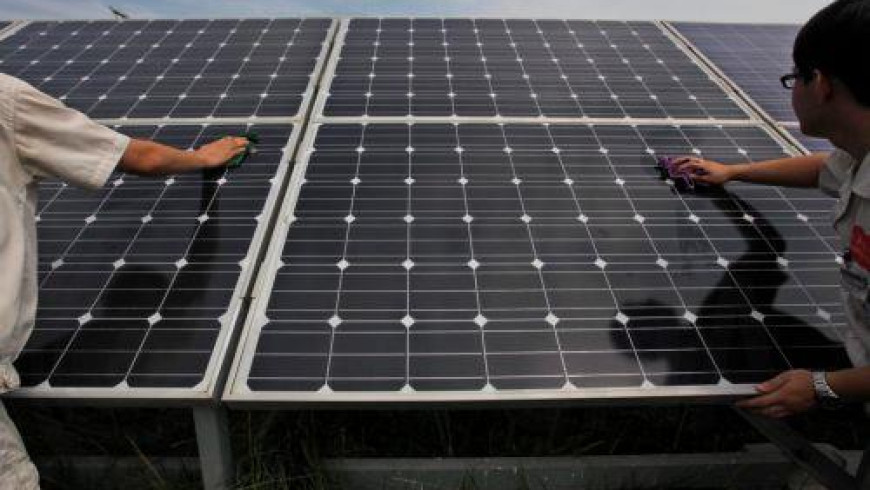
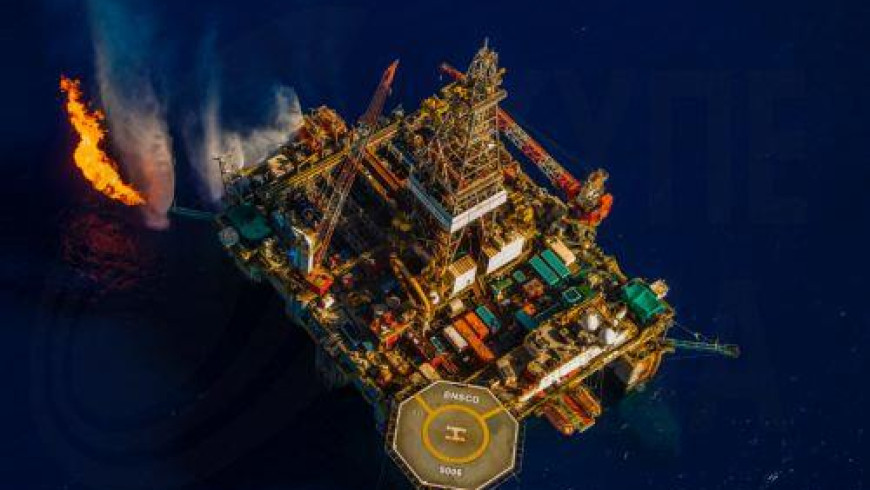
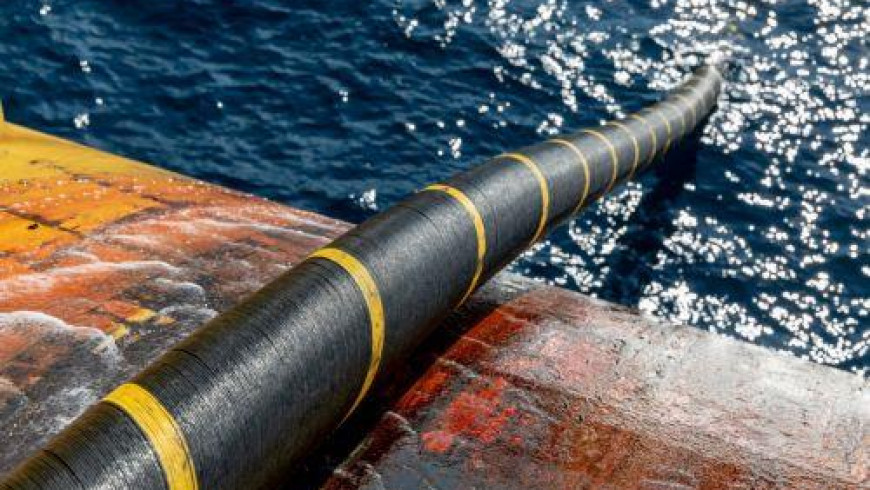
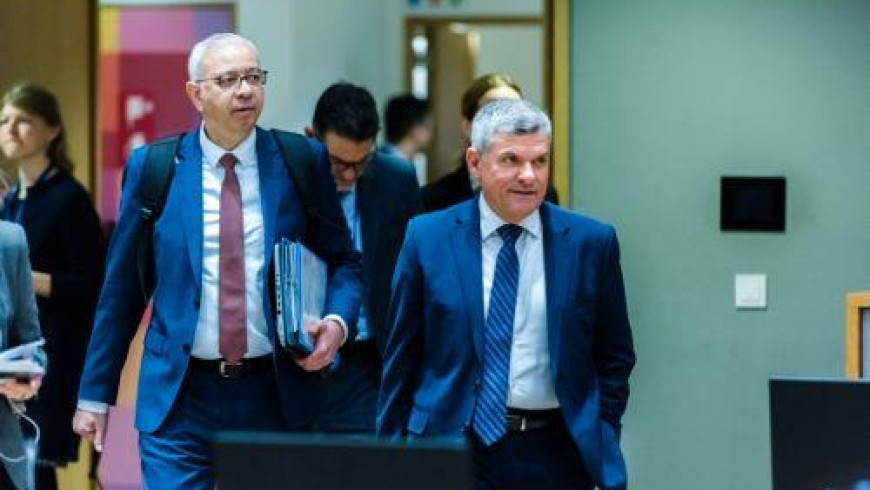
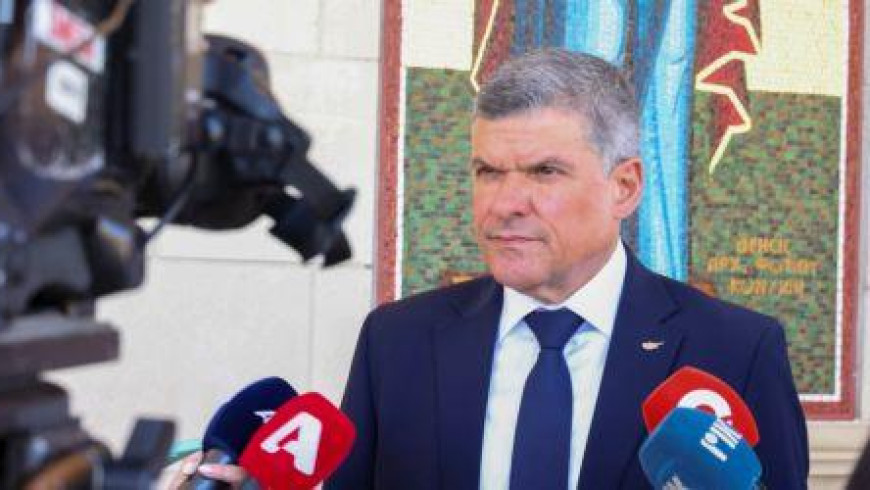
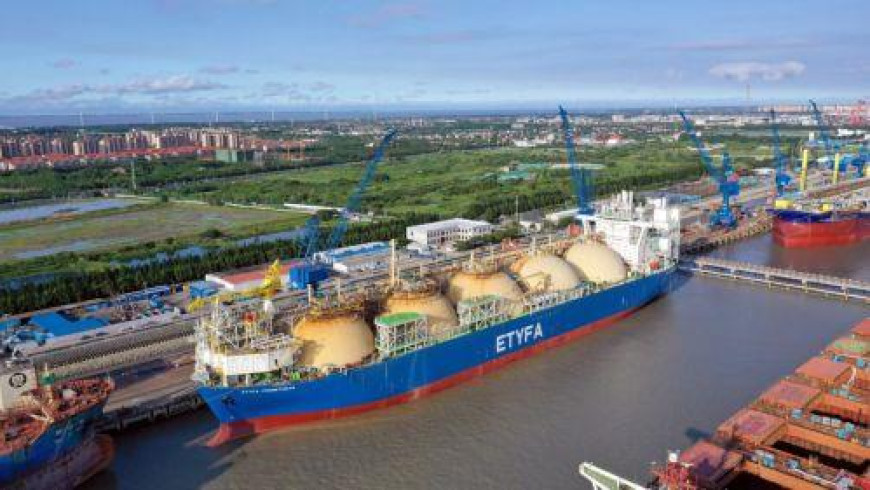
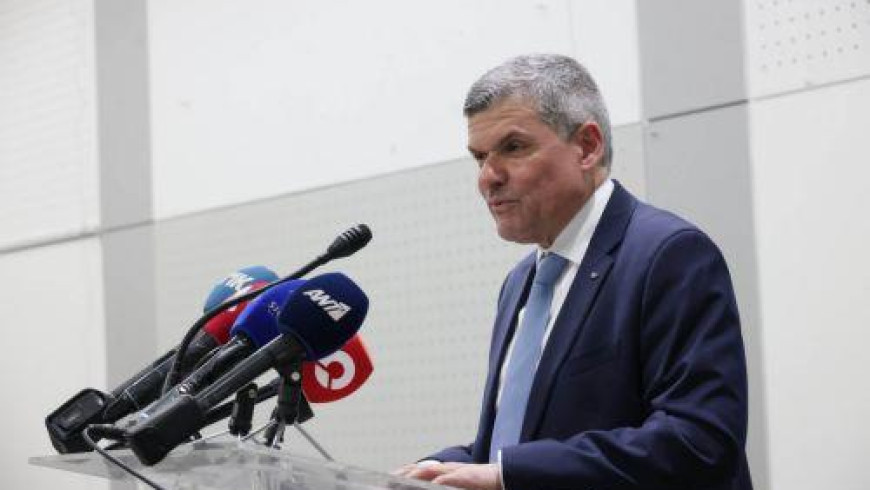




 3287.99
3287.99 1275.09
1275.09
